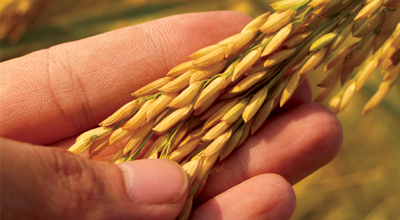
Image: Pixabay
The increase in the production of transgenic wheat in Argentina could be a shot in the foot for the country's production chain. According to consultant Pablo Maluenda, who participated, this Tuesday, in the 28th International Congress of the Wheat Industry, held by the Brazilian Association of the Wheat Industry (Abitrigo), Argentina should allocate an area between 55 and 60 thousand hectares to the grain genetically modified. This allows us to estimate a production potential of between 200 and 250 thousand tons.
{module Form RD}
“Without a doubt the product will be rejected by many countries and this could interrupt imports of the Argentine product by some of them”, according to Maluenda, transgenics are also a dangerous point as restricting cultivation is not simple. “The seed can easily spread across the country and 'contaminate' other crops,” he said.
The president of the OCB System, Márcio Lopes de Freitas, said that GMOs are not just a problem in Argentina. “The risk in Brazil is also great. The seed may enter clandestinely, but Mapa and the health defense will be attentive”, he projected.
Freitas said that companies that own the technology have to negotiate with the end consumer. “Only in this way will the product be welcomed by the producer. Nowadays, he is not willing to face this 'adventure' of transgenics”.
The journalist specializing in agribusiness and marketing, José Luiz Tejon, agrees that “science has to negotiate with commerce, with consumers, with the media”. For him, the topic is very delicate, given that wheat is consumed practically fresh. “Without the production chain, I doubt this technology will progress”, he emphasized.
By: Gabriel Nascimento | Crops & Market












